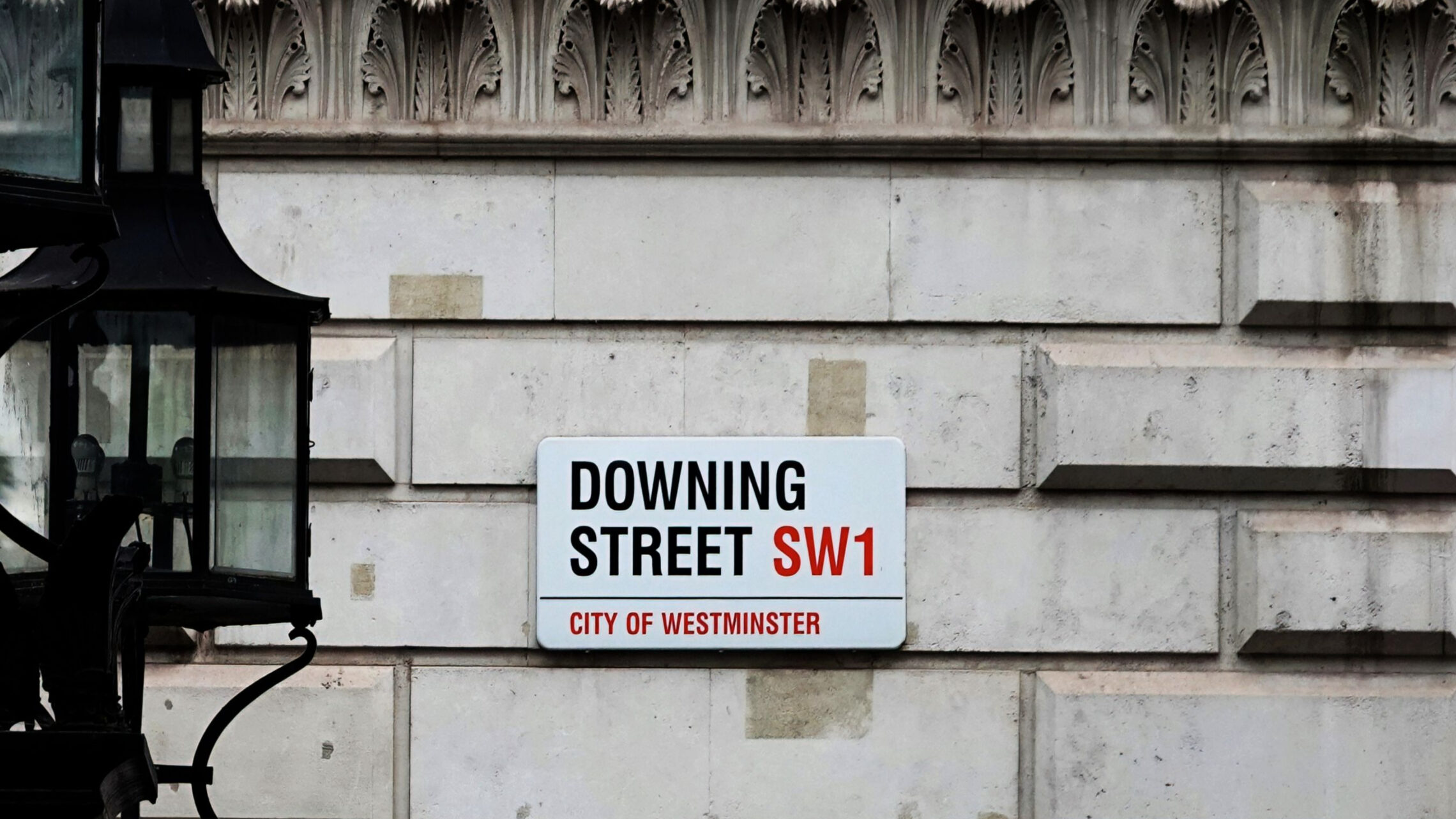Over two consecutive weekends both candidates to be the next Conservative leader (and thus the next Prime Minister) have set out broad brush policy proposals for higher education.
Seemingly the time to do this is in the middle of an interview about your personal background interview in The Sunday Times – Liz Truss and Rishi Sunak employed surprisingly identical approaches.
Liz Truss
Truss was first to the theme on 30 July – Johnny Rich wrote up her eye-catching proposals on offering Oxbridge interviews to everyone who got three A*s at A level at the time. Liz’s animating principle for this intervention?
What I found at my school was that you had to put yourself forward. There were supportive teachers but there were also other teachers who said Oxford is full of toffs.
This is very much a Kemi Badenoch line – a theme she has returned to time and time again over her political career – but as you would expect Truss couches the anecdote within her experiences at Roundhay in Leeds, a consistently “outstanding” school that helped get Liz a place at Merton College, Oxford.
We also get Truss’ own A level results (presumably having been recently exhumed in Gavin Williamson’s Mum’s attic?) – she achieved an A in English, and A in Maths, a B in German and a C in Further Maths. Under her own plans, she would not have got a guaranteed interview (much less three!) and would most likely have not attended Oxford.
Machinery of admissions
These important measures to prevent the emergence of a future Liz Truss would require a move to full Post Qualification Admissions (PQA), with applications made only after results are known. In the Sunday Telegraph, a “senior source in admissions” surmises that this would require either earlier results, or shifting the start of the academic year to January. The new free term would allow Oxford and/or Cambridge time to interview the 18,810 applicants who achieved A*A*A* or higher last year – a number far larger than the 6,930 undergraduate entry places at Oxbridge last year.
You may here be wondering why the previous DfE consultation on this issue did not suggest such a radical shift – the more radical PQA model one suggested shifting A level results day to the end of July and the start of term to October (already the case at many universities). A principal criticism of the measures was a lack of time precisely for things like interviews, aptitude tests, auditions – and for the kind of careers advice and support applicants need to make the decision that works for them. Even Williamson was leaning towards a less disruptive (but still fairly disruptive and largely pointless) “post qualification offers” approach before Zahawi put the plans out of their misery.
If she is selected as leader, Truss’ government would publish proposals on the clear national priority that is yet another look at PQA in the first 12 months. Otherwise, the entire immediate policy offer is a promise to continue the Williamson-era drive to move subsidies from “poor quality” degree courses to vocational training.
Rishi Sunak
It was Team Rishi’s turn to make a plea for the humanity of their candidate in this weeks’ big sit down interview in The Sunday Times. Aside from the valuable information that the former chancellor can recite the lyrics to “Ice Ice Baby” (a clear response to Truss’ intimate knowledge of Salt’n’Pepa’s “Push It”), a collection of higher education ideas were once again the policy meat in the sandwich.
Sunak too is exercised by the low quality courses agenda – promising a clamp down on courses that did not improve the life chances of students (similar, perhaps, to the one OfS is already doing after being first announced by Gavin Williamson pre-pandemic). And he’s keen on vocational education – he wants a “Russell Group” (gods help us) of “world-class technical colleges” that feels more than a little like twelve existing (and nine planned) Institutes of Technology.
Slightly more novel is the idea of a “British Baccalaureate” (we think he means a 16-18 “English Baccalaureate”, unless he intends to de-devolve education policy) that would require all 16-year-olds to study core subjects, including maths and English, beyond GCSE. It is a little like a more limited implementation of the advanced (level 3) Welsh Baccalaureate, replacing the advanced Skills Challenge Certificate with a more limited (and less vocationally orientated) provision in maths and English.
He’s keen:
We are almost unique in the western world, for an advanced economy and all high-performing education systems, in allowing people to drop maths and stop studying their native language at 16. The evidence points in that direction, so I think it is absolutely right that we make sure we are preparing our young people to be as successful and have the most fulfilling careers and lives that they can. In Germany, France, Asia, youngsters are studying maths all the way to 18 and in the way a modern economy works, I think it’s going to hold us back if our youngsters don’t have those skills.
This stops short of the root and branch A level reform that would be needed to offer a genuinely broad and useful provision for academically-minded 16-18 year olds. But it is at least a step in that direction.
Elephants in rooms
Neither candidate has said anything about the pressing need to sort out student maintenance, either in the short term for this year or longer term. Neither candidate has waded into university funding, or indeed research and development funding (George Freeman is waiting for your call…) – neither has anything to say on Horizon Europe and other international collaborations.
Clearly admissions, the “poor quality courses” thing, and vocational courses for other people’s kids are what is known to play well with Conservative party members – not the big approaching crises. And not, despite fervent wishes otherwise in both camps, culture wars nonsense.
But I suppose if people are worried about an imaginary river you don’t tell them there isn’t one. You build them an imaginary bridge.













GOLD 🙂 : “These important measures to prevent the emergence of a future Liz Truss”